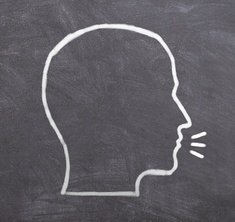Featured Quizzes
User Quizzes
Create Quiz
Data and Charts
Badges and Games
About JetPunk
JetPunk Shop
Dark Mode

World Language General Knowledge #2
Answer these general knowledge questions about world languages.
Rate:
Featured Quiz
Last updated: December 9, 2021
You have not attempted this quiz yet.
More quiz info >>
| First submitted | December 23, 2017 |
| Times taken | 67,601 |
| Average score | 75.0% |
| Rating | 4.96 |
4:00
Enter answer here
0
/ 20 guessed
Time Used
00:00
Best Time
00:00
The quiz is paused. You have remaining.
Scoring
You scored / = %
This beats or equals
% of test takers
also scored 100%
The average score is
Your high score is
Your fastest time is
Keep scrolling down for answers and more stats ...
|
New and Popular
Save Your Progress
World Language General Knowledge
Quiz series by Quizmaster
...
Copyright H Brothers Inc, 2008–2024
Contact Us | Go To Top | View Mobile Site

https://en.wikipedia.org/wiki/Hindustani_language
https://en.wikipedia.org/wiki/Urdu
"Urdu and Hindi share a common Indo-Aryan vocabulary base, phonology and syntax, making them mutually intelligible in colloquial speech"
Tried Albania; Libya' eritrea before svizzera
https://www.cia.gov/library/publications/the-world-factbook/geos/sn.html
Data from Ethnologue seems to support this (Chinese wins for first language speakers, but English wins overall), though this article says that English is more commonly spoken at home too.
"Urdu and Hindi share a common Indo-Aryan vocabulary base, phonology and syntax, making them mutually intelligible in colloquial speech"
You could, of course, fix the question by changing it to a country other than China and Taiwan in which Chinese is an official language.